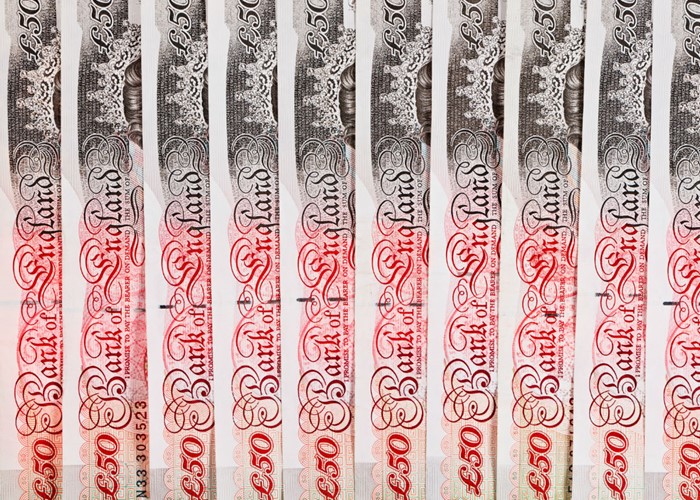Should we scrap the £50 note to curb crime and tax evasion?

Ex-boss of Standard Chartered says getting rid of the higher denomination notes would help fight the underground economy.
High denomination bank notes should be scrapped by governments across the world to help in the fight against crime, tax evasion, terrorism and corruption.
That’s according to Peter Sands, former boss of Standard Chartered. In a Harvard Kennedy school paper, Making it Harder for the Bad Guys, he points out that criminals move more than $2 trillion (£1.4 trillion) around the world each year. Corrupt payments amount to another $1 trillion (£695 trillion) while tax evasion robs countries of up to 70% of tax income.
And he argues that scrapping denominations like the €500 note, the $100 bill and £50 note would cut off a payment method favoured by the underground economy to move money and dodge taxes, without impacting everyday law-abiding people who tend to use cash for small transactions like a cup of coffee and electronic alternatives for larger sums.
The report states: “High-denomination notes are arguably an anachronism in a modern economy given the availability and effectiveness of electronic payment alternatives. They play little role in the functioning of the legitimate economy, yet a crucial role in the underground economy. The irony is that they are provided to criminals by the state.”
Sands concedes scrapping high value notes won’t eliminate tax evasion, crime, terrorism or corruption, but he argues it would disrupt the business models and mean the ‘bad guys’ face higher costs and greater risk of detection.
Earn up to 5% interest from your current account
How to make it work
The case for scrapping higher denomination notes has been made before and in recent years it has gained some traction.
Canada’s $1,000 note was scrapped in 2000 and Singapore’s $10,000 note was stopped in 2014.
But Sands says that for his plan to work collective action by all countries issuing high-denomination notes is needed.
He says this could be achieved by going through the G7 or G20. The G7 includes most issuers of higher denomination notes, but the G20 includes all (bar Switzerland, Singapore and Hong Kong) who would need to be persuaded to join in.
Earn up to 5% interest from your current account
More ways to have your say:
Put your peer-to-peer questions to Wellesley & Co's Graham Wellesley
Google's £130 million tax bill: who is to blame for the tiny tax deal?
Comments
Be the first to comment
Do you want to comment on this article? You need to be signed in for this feature